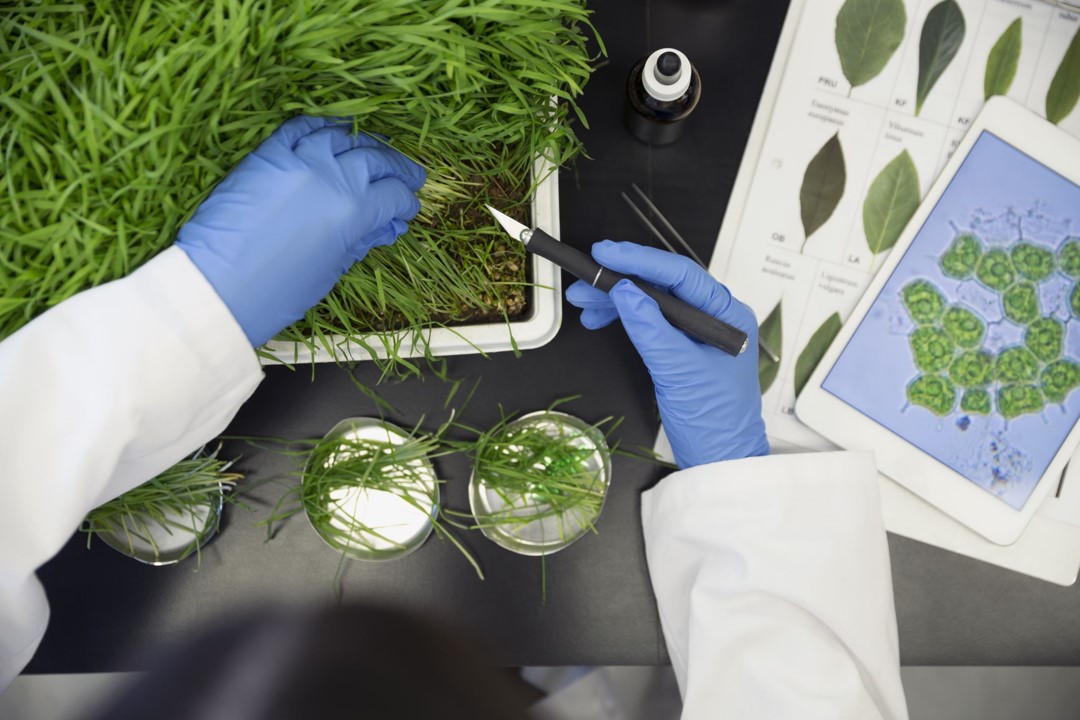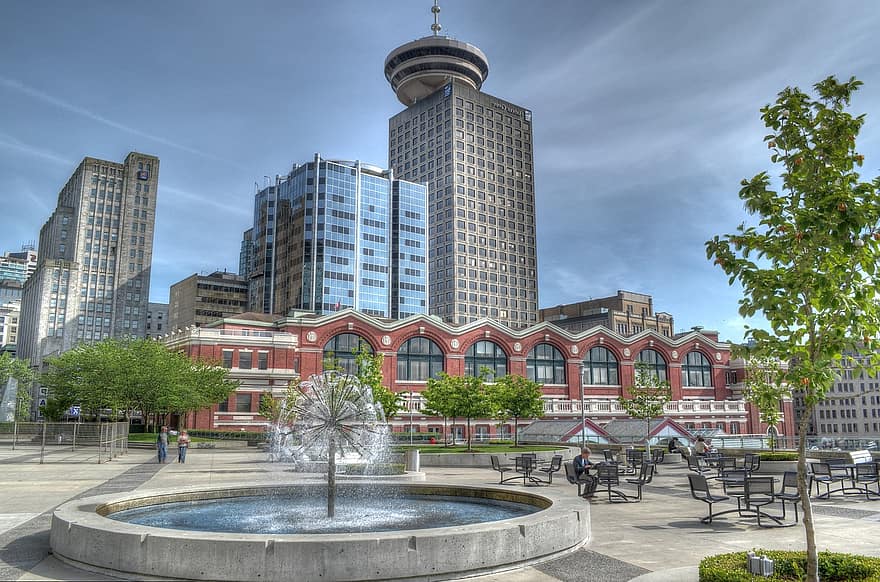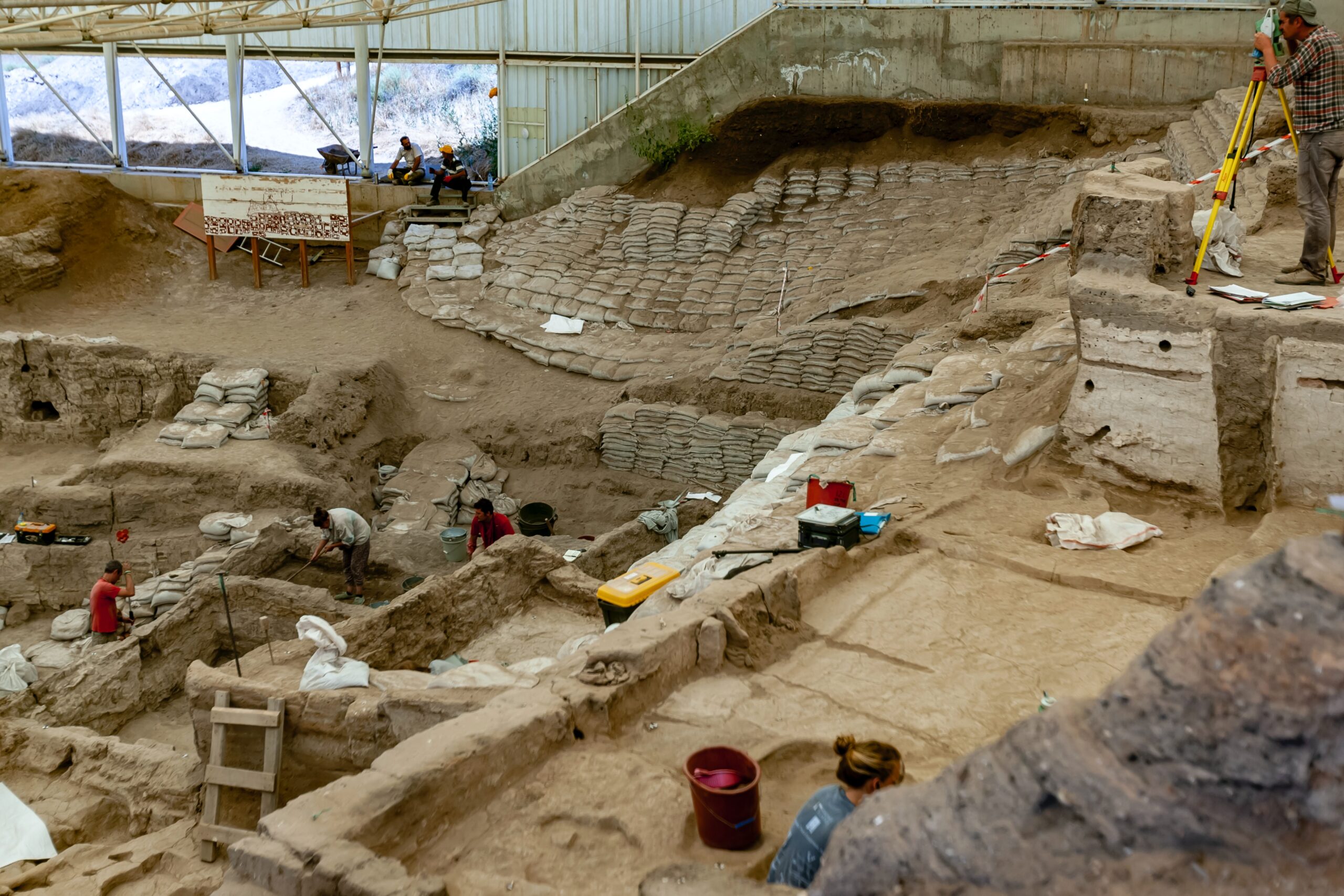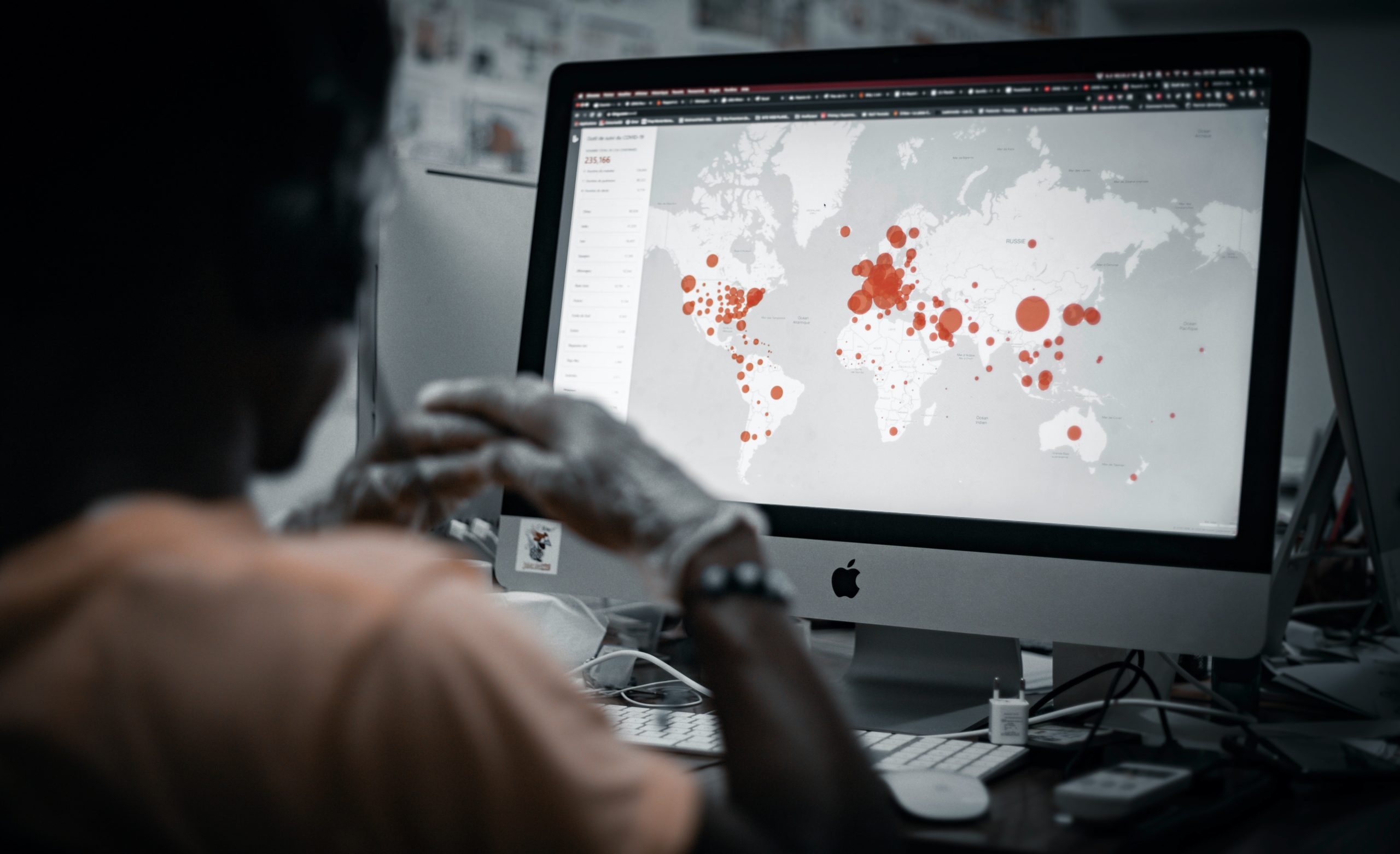Interested in the Sciences
Learn about different jobs in the sciences and how geography is used!
LIFE SCIENTISTS are a broad category of professionals in the areas of agricultural, biological and medical sciences as well as conservation and forestry. Life scientists study living organisms in the fields of medical science, biology, biophysics, biochemistry, microbiology, forestry, soil and plant science, conservation, zoology, animal and wildlife sciences, and also the processes of food packaging and preservation. Their responsibilities include improving the quality of life through study and analysis, research and development, medical treatments etc.
LIFE SCIENCE JOBS
PHYSICAL SCIENCE is a branch of natural science that studies non-living systems and focuses on physical properties and energy. A physical scientist usually carries out research work within a specialized field of study such as chemistry, physics, astronomy, geology, environmental science etc. Typically, physical scientists work in laboratories, along with some field work.
PHYSICAL SCIENCE JOBS
SOCIAL SCIENCE is a category of academic disciplines, concerned with society and the relationships among individuals within a society. Generally speaking, these disciplines use scientific methods to analyze the various aspects of human behavior. Social scientists include anthropologists, archaeologists, sociologists, industrial and organizational psychologists, political scientists etc. Typically, social scientists analyze, observe and study human behavior and interactions from social, cultural, behavioral, historical and political perspectives and develop specific theories or solutions.
SOCIAL SCIENCE JOBS
TECHNOLOGY is used within the life, physical and social sciences. Various technologies include geographical information systems, remote sensing, LIDAR, survey, drones, and satellite and aerial imagery.
TECHNOLOGY JOBS
The Occupational Health and Safety Specialists and Technicians pathway includes professionals who evaluate and analyze workplace environments for safety issues and hazards to people, property or the environment. Their responsibilities may include reviewing and improving working conditions, inspecting equipment or machinery and testing for chemical, physical or biological hazards. They may also be required to evaluate compliance with regulations and laws, and propose new programs and policies. The specialists are assisted in their work by technicians who collect data for analysis and evaluate risks for the workers.
OCCUPATIONAL HEALTH AND SAFETY SPECIALISTS AND TECHNICIANS JOBS





















































